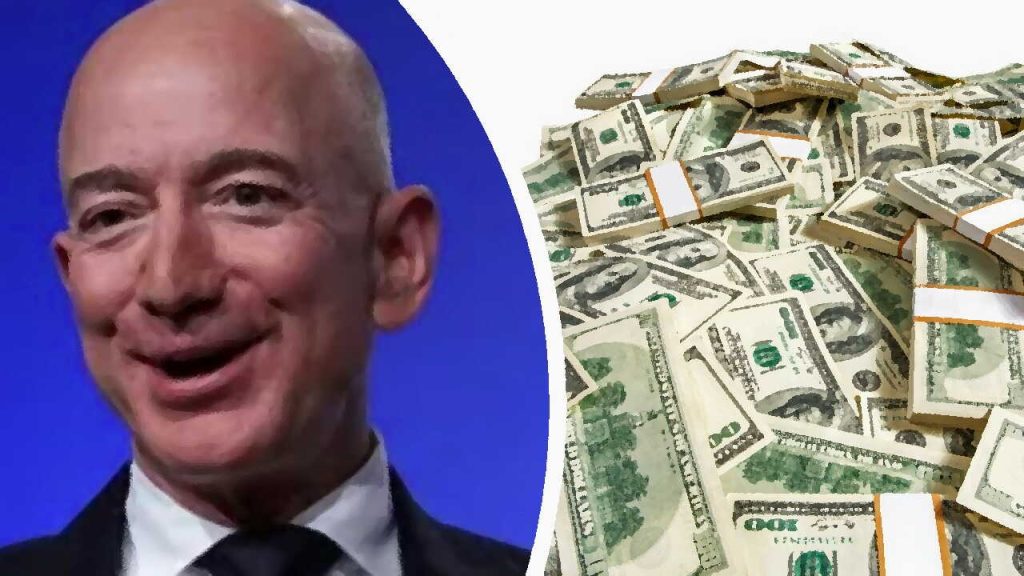
Jeff Bezos recently made headlines with a substantial stock sale totaling $2 billion, but what’s particularly noteworthy is the added benefit he reaped: no state taxes.
Bezos, who announced his departure from Seattle last year after nearly three decades, cited reasons such as proximity to family and his aerospace company Blue Origin’s operations. However, the timing of his relocation is also tied to “tax considerations.” Reported by CNBC.
In response to Washington state’s implementation of a new 7% capital gains tax on stock and bond sales exceeding $250,000 in 2022, Bezos, who had not faced state taxes on stock sales previously due to Washington’s lack of personal income tax, adjusted his financial strategy.
Having regularly sold billions of dollars worth of Amazon shares since 1998 to fund various ventures, including philanthropy, Blue Origin, and personal acquisitions such as a mega yacht and luxury properties, Bezos paused his stock sales after the tax came into effect.
However, with his relocation to Miami, Florida, a state with no income tax or capital gains tax, Bezos resumed his stock-selling activities.
A recent filing with the SEC revealed his intention to sell 50 million shares before January 31, 2025, potentially amounting to over $8.7 billion at current prices.
Read also: Entertainment news
This move allows Bezos to avoid substantial taxes, with an estimated $140 million saved on his most recent $2 billion sale alone, compared to what he would have paid in Washington state.
Throughout the planned sales, his tax savings could exceed $610 million, assuming Amazon’s stock price remains steady or continues to rise.
In essence, Bezos’s tax savings from Florida have more than covered the cost of his 417-foot yacht, Koru.
Additionally, his real estate ventures in Miami, including the purchase of two mansions in Indian Creek for $147 million and potential plans for further property acquisitions, highlight his significant financial footprint in the area, joining other notable residents like Tom Brady and Carl Icahn.
It’s speculated that Bezos may demolish the existing properties to build a new estate, with total expenses potentially surpassing $200 million.
